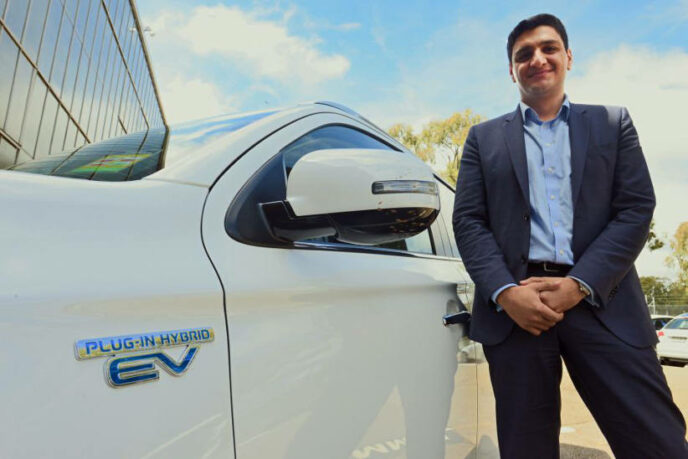
Reports the Minns Labor Government in New South Wales will scrap a $3000 EV subsidy and reintroduce an EV stamp duty have prompted a blast from the Electric Vehicle Council (EVC).
EVC chief executive Behyad Jafari says the government’s proposed “unflagged backflip” on EV incentives is “a betrayal of voters” and will crimp the EV spread in Sydney’s west, worsen air quality and increase the state’s carbon emissions.
He urges the NSW Parliament to reject Labor’s changes and preserve existing policy settings benefits.
The move to ditch the EV subsidy and remove the EV stamp duty comes as sales data shows that NSW’s incentives are working – encouraging EV purchases to spread from wealthier areas to the west and to NSW regions, says Jafari.
“Since the NSW rebates have been in place, sales have gone up by 450% and the most popular EV models have fallen in price by $8000.
“I doubt the people who voted for this government thought they were voting to cut electric vehicle incentives to fund handouts to coal-fired power stations.”
Jafari says Labor backed the EV incentives when the former coalition government introduced them, and that Labor did not give any indication before the election it was planning to cut them.
“Wealthy people on the north shore will be fine under this change – they’ll continue to buy EVs, because they know they’re a superior option. But less well-off families in the west will be forced to stick to costly gas guzzlers at a time when petrol prices are going through the roof.
“What’s particularly galling is the reintroduction of stamp duty that was due to be replaced by road user charges in 2027. This important tax reform was in the best interest of motorists by replacing an upfront tax that often stopped people from getting into a newer, cleaner car.”
Fewer EVs means dirtier Sydney air, continued reliance on foreign oil imports, higher carbon emissions, and more budget pressure on everyday households, says Jafari.
“It’s foolish, short-sighted policy from a government that people would have expected more from.
“NSW was making outstanding progress on EV uptake under the previous government and the current policies were voted for by the Coalition, the Greens, and Labor,” Jafari explains.
“The Opposition, the Greens and the others in the NSW Upper House should defend the state’s interests and oppose the government’s short-sighted backflip.”
The $3000 rebate is for the first 25,000 battery electric vehicles (BEVs) and fuel cell electric vehicles (FCEVS) bought for under $68,750 and registered on or after September 1, 2021.
The stamp duty exemption for EVs under $78,000 is due to end on January 1 next year while a road tax of about 2.5 cents a kilometre was expected to be implemented in 2027.
The NSW state budget likely to be announced on September 19 is expected to put $260 million towards EV fast chargers on main routes, add more kerbside chargers near apartments, and upgrade electricity grid capacity and charging hubs supporting fleets, The Driven reports.
The Driven reckons the NSW decision could add up to $5500 to an EV’s on-road cost.








